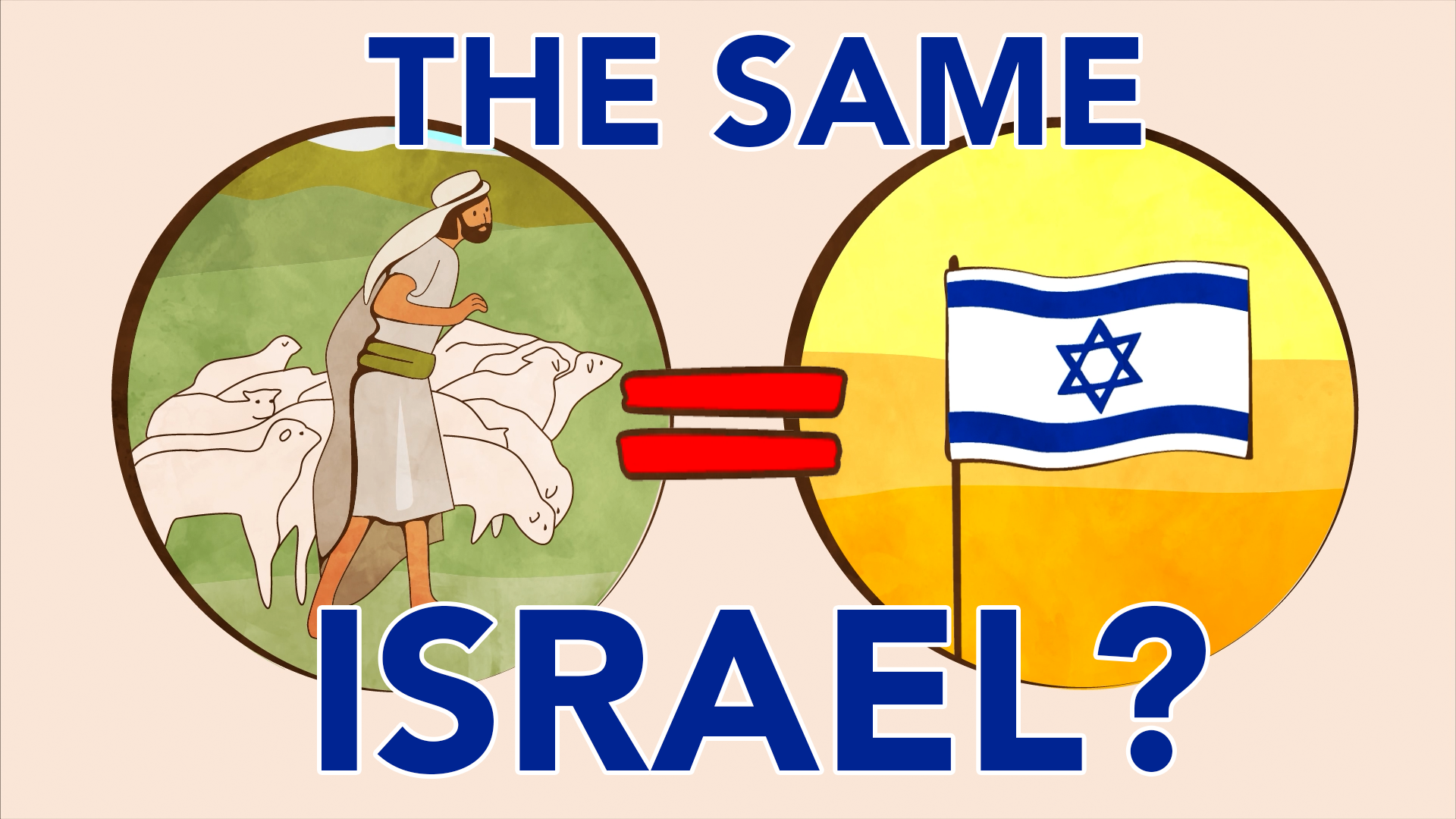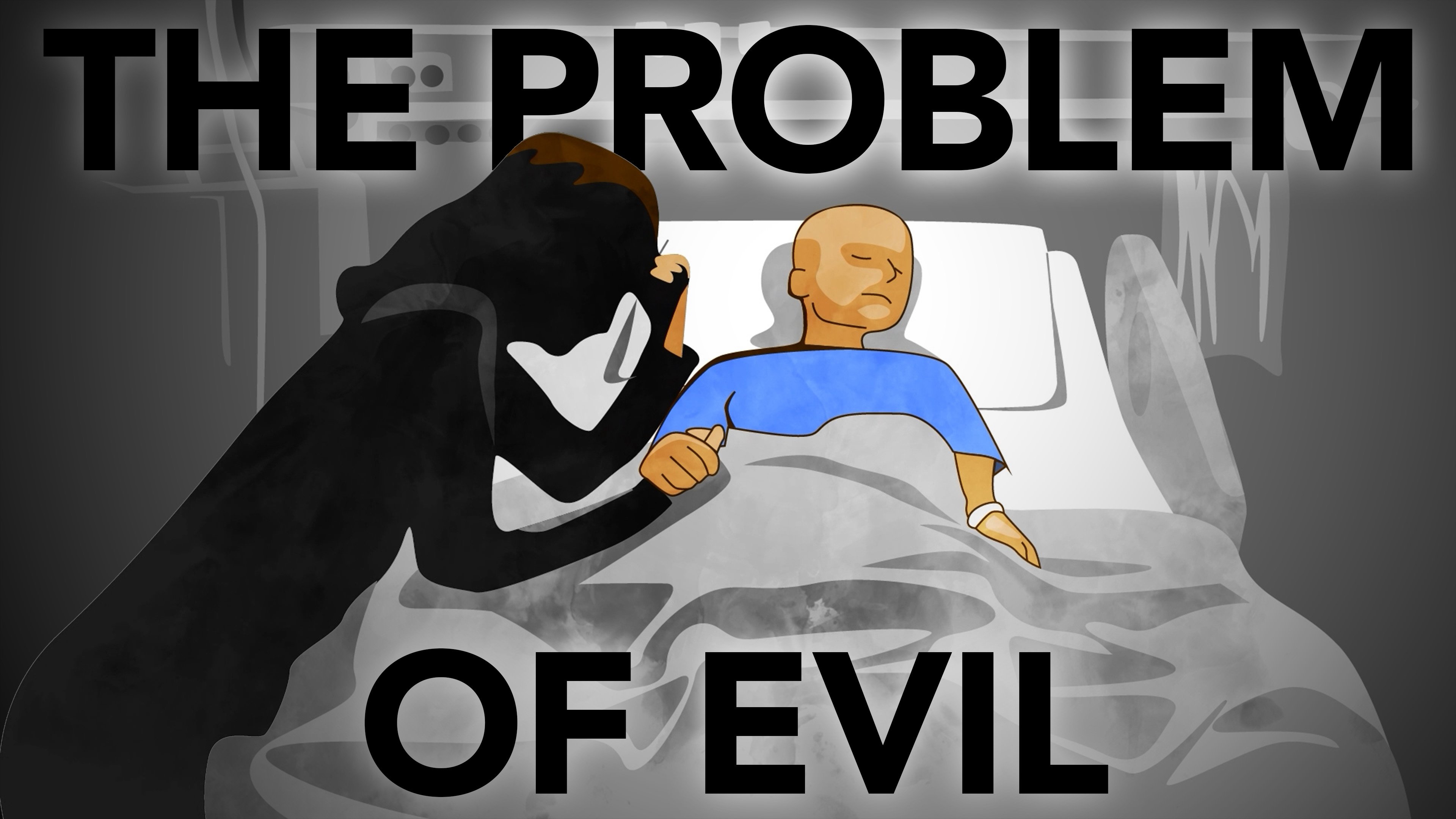You’re in a conversation and someone says, “Christians should always oppose war, because the Bible condemns all killing.”
What Would You Say?
Over the centuries, most Christians have affirmed the commandment “You shall not murder” and Jesus’ instructions to “turn the other cheek” while also believing war is, sometimes, necessary. However, a minority of Christians have insisted that Jesus’ words mean that any fighting, including warfare, is morally wrong. This position is known as pacifism.
Should Christians be pacifists?
Here are three things to consider.
Is War Ever Justified?
You’re in a conversation and someone says, “Christians should always oppose war, because the Bible condemns all killing.”
What would you say?
Over the centuries, most Christians have affirmed the commandment “You shall not murder” and Jesus’ instructions to “turn the other cheek” while also believing war is, sometimes, necessary. However, a minority of Christians have insisted that Jesus’ words mean that any fighting, including warfare, is morally wrong. This position is known as pacifism.
Should Christians be pacifist? No, and here are three things to remember about the Bible and war.
First, in this fallen world, God uses the sword to restrain evil.
Genesis tells us that one result of human sin is death. Sometimes death comes at the hands of other people, as when Cain murdered his brother, Abel. A few chapters later, God declared this response to human violence: “Whoever sheds the blood of man, by man shall his blood be shed, for God made man in his own image.”
This pattern is found throughout Scripture. God ordains human authorities to forcibly restrain evil.
For example, in the Law which God gave to Moses in order to govern Israel, He prescribed capital punishment for some offenses, especially murder. He at times called Israel to war and rescued them through war, for example using Joshua’s sword, Samson’s strength, and David’s sling.
Also, the means of righteous killing isn’t only for Israel. In the New Testament, the Apostle Paul wrote that God ordained governing authorities to “punish evil and reward good,” and that government authorities bear the sword for that purpose. In fact, a sword has only one purpose.
In His grace in this fallen world, God has not left the innocent at the mercy of killers. Instead, He has ordained authorities to restrain and punish aggressors and, if necessary, to go to battle and defend citizens from enemies. If God ordained killing and war as a response to evil, they cannot be wrong in all instances.
Second, at times, war is less violent than the alternatives.
In an address called Why I Am Not a Pacifist, C.S. Lewis pointed out that the real problem with denouncing war is that the bad guys don’t agree. As he put it, “War is a very great evil. But that is not the question. The question is whether war is the greatest evil in the world.” It’s far from obvious that it is, or that surrendering and refusing to fight attackers would result in a better world. Would allowing the victory of Nazi Germany in World War 2 or Islamist terrorism today result in more justice and less violence? Of course not. It would only entrench these evils.
Lewis concluded that pacifism, if embraced by whole countries, would result in the extinction of pacifists, since their countries would soon be invaded. As a veteran of the First World War, he understood that the main thing standing in the way of evil men is good men who won’t let them conquer, abuse, or exploit others. In a very real sense, pacifists exist because non-pacifists defend them!
Third, Christian theology offers a way of determining if a war is just.
Ancient thinkers always believed that some wars are right and others wrong, but it was the Christian theologian, Saint Augustine of Hippo, who formulated a criteria to decide when a war is just, and how a war should be fought. His criteria, known as “just war theory,” are based on the moral commands and examples of Scripture, and differentiate wars that perpetuate violence from wars intended to prevent or end violence.
Augustine taught that a war (1) must be for a just cause, like self-defense, (2) must be a last resort after diplomacy has failed, (3) must be waged by a legitimate, governing authority (and not private individuals), and (4) must have a reasonable chance of success.
During combat, Augustine argued that (1) force used must be proportional to that of the aggressor, (2) must never target non-combatants, (3) be officially ended when its objectives are met, and (4) damage be repaired as far as possible.
The sword God gives rulers should not become a tool for tyranny. Just as the Bible distinguishes between murder and killing in defense, those tasked with protecting a nation must distinguish between right and wrong in war. Otherwise, there is no “right” side. only competitors vying for power like animals.
War is always tragic and destructive. However, in this fallen world, it is sometimes necessary. So, the next time someone says, ““Christians should always oppose war, because the Bible condemns all killing.” remember these three things:
First, in this fallen world, God uses the sword to restrain evil.
Second, at times, war is less violent than the alternatives.
Third, Christian theology offers a way of determining if a war is just.
Referenced Resources:
C.S. Lewis: The Weight of Glory (This includes the address "Why I Am Not a Pacifist")
(https://a.co/d/g5JhH1j)
Additional Resource:
https://breakpoint.org/the-christian-just-war-tradition/
https://breakpoint.org/just-war-doctrine-israel-and-hamas/
 Read More
Read More




 What Would You Say?
What Would You Say?
